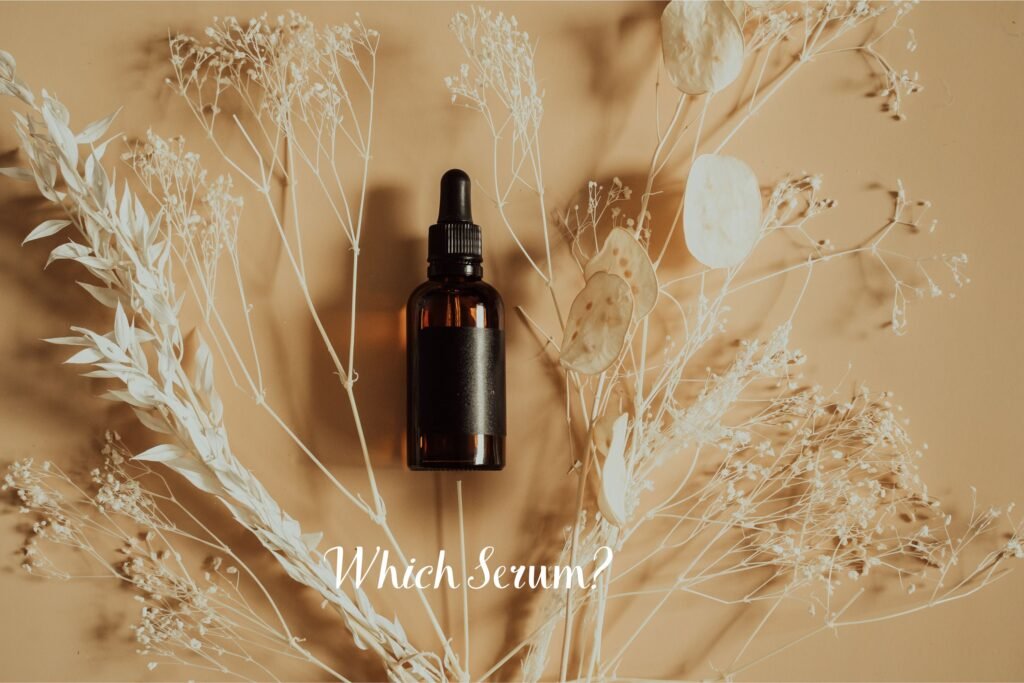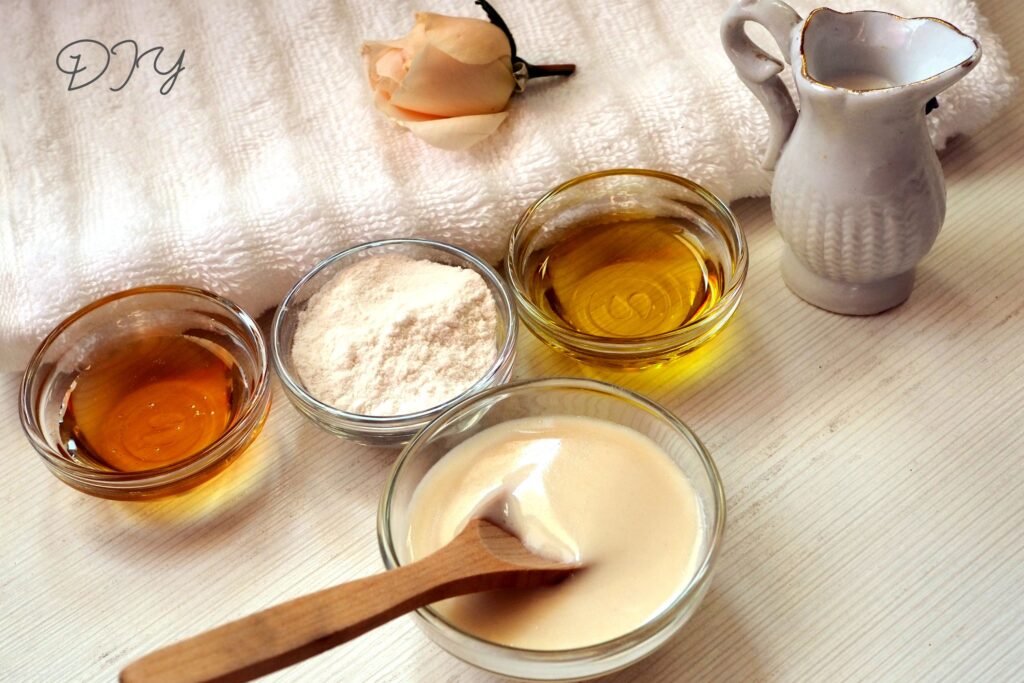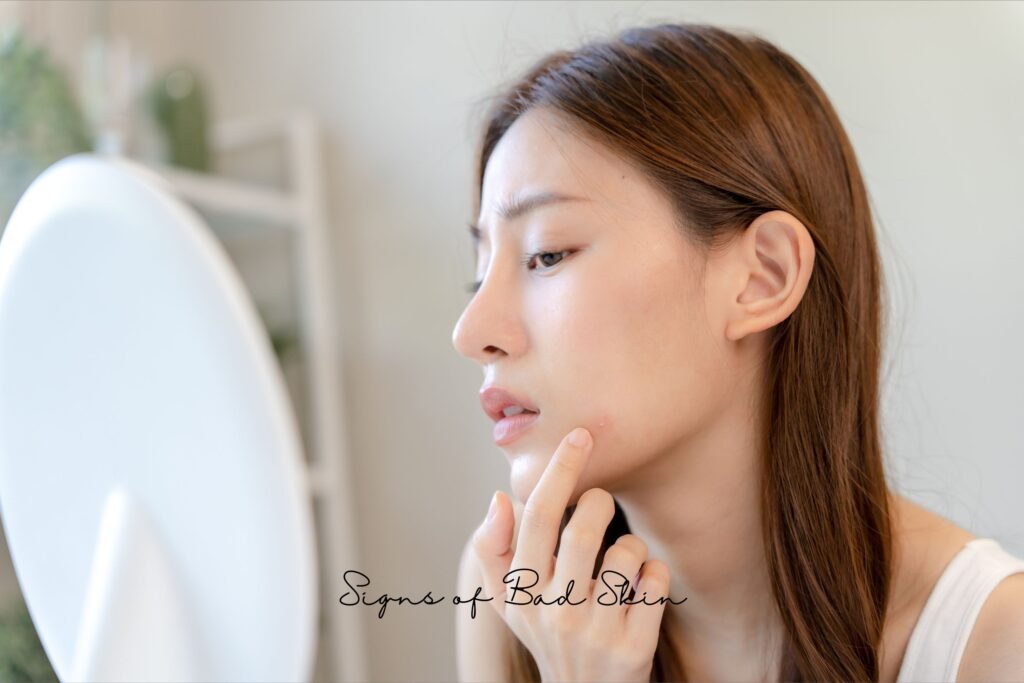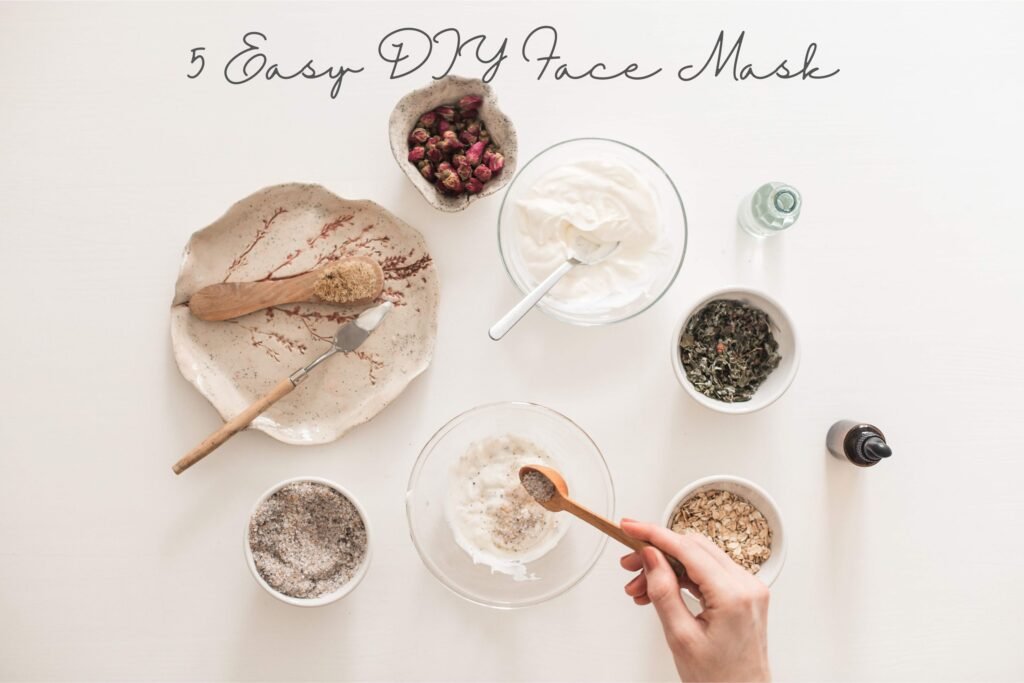I used to think that only Korean people use serum and only they need it. But when I started using it, I thought, where was it all my life? It changed my skin like I hadn’t used anything at all! And I know, like me, there are other people who feel exactly like this.
Serum is a concentrated product that penetrates through the skin and solves skin issues. It’s a product that normally you should apply before moisturizer. It is rich in potent ingredients that work like magic. Serums are designed to perform for specific skin issues like acne scars, wrinkles, dark spots, and brightening.
What is Serum?
Serums contain a rich amount of concentrated active ingredients. They provide targeted treatments for specific skin issues. For example, if you have acne scars on your face, you can use a scar removal serum. Serums seem to be thick, but they are lightweight and fast-absorbing. They do not feel greasy on the skin at all. As serums penetrate the deeper layers of your skin, they improve the effectiveness of moisturizer and other skincare products.
Types of Serums Based on Different Skin Issues
According to skin issues, serums can be of different types. So it’s important that you have the knowledge of every type of serum and your skin issues.
1. Hydrating Serums
Key Ingredients: Hyaluronic Acid, Glycerin, Aloe Vera
If you have dry, dehydrated, or flaky skin, then you need a hydrating serum. Hydrating serums are essential for maintaining the moisture level of your skin. The primary ingredient of hydrating serum is Hyaluronic acid, which can hold up to 1000 times its weight in water, making it incredibly effective at attracting and retaining moisture. Other ingredients of hydrating serum are glycerin and aloe vera.
Benefits:
- Provides intense hydration.
- Improves skin texture and elasticity.
- Reduces the appearance of fine lines caused by dehydration.
- Makes the skin smoother.
2. Anti-Aging Serums
Key Ingredients: Retinol, Peptides, Vitamin C, Niacinamide
Anti-aging serums are formulated to work against wrinkles, fine lines, and loss of elasticity. Anti-aging serums have ingredients like Retinol, which is a derivative of vitamin A that promotes collagen production. Collagen is necessary to increase the elasticity of your skin. Peptides and vitamin C also help in skin tightening and brightening.
Benefits:
- Reduces fine lines and wrinkles.
- Increases collagen production.
- Improves skin firmness and elasticity.
- Brightens and evens skin tone.
3. Brightening Serums
Key Ingredients: Vitamin C, Alpha Arbutin, Kojic Acid, Licorice Root Extract
Brightening serums solve issues like hyperpigmentation, dark spots, and dull skin. I once suffered from hyperpigmentation on my neck. I used a serum with vitamin C, and it really helped me back then. Vitamin C is an antioxidant; it brightens the skin and protects the skin from environmental pollution. Alpha arbutin and kojic acid are important to lighten dark spots and even out skin tone.
Benefits:
- Reduces the appearance of dark spots and hyperpigmentation.
- Enhances overall skin radiance.
- Protects against free radical damage.
4. Acne-Fighting Serums
Key Ingredients: Salicylic Acid, Benzoyl Peroxide, Tea Tree Oil, Niacinamide
Acne-fighting serums are designed to fight against bacteria that cause acne. Acne-prone skin also suffers from inflammation. Ingredients like Salicylic acid, a beta-hydroxy acid (BHA), penetrate deep to exfoliate and clear out skin debris. Benzoyl peroxide kills acne-causing bacteria, and niacinamide soothes inflammation.
Benefits:
- Clears existing acne and prevents new breakouts.
- Reduces inflammation and redness.
- Unclogs pores and exfoliates the skin.
How to Choose
You have to choose your serum based on your skin’s needs. Some points that you need to consider before buying a serum:
What your skin needs?: Determine whether your primary concern is hydration, aging, pigmentation, acne, or protection.
Are you sensitive to the ingredients?: Look for key ingredients that address your specific skin issue. Do not buy something that has ingredients that would disturb your skin.
What is your skin type?: Choose a serum that is suitable for your skin type (oily, dry, combination, or sensitive).
Start Slowly?: Introduce new serums gradually to monitor how your skin reacts.
Serums are an indispensable part of any skincare routine, offering targeted treatment for various skin concerns. Whether you’re dealing with dryness, aging, pigmentation, acne, or environmental damage, there’s a serum out there for you. By understanding the different types of serums and their key ingredients, you can make an informed choice and achieve healthier, more radiant skin. Remember, consistency is key, so give your serum time to work its magic and enjoy the transformative results.





